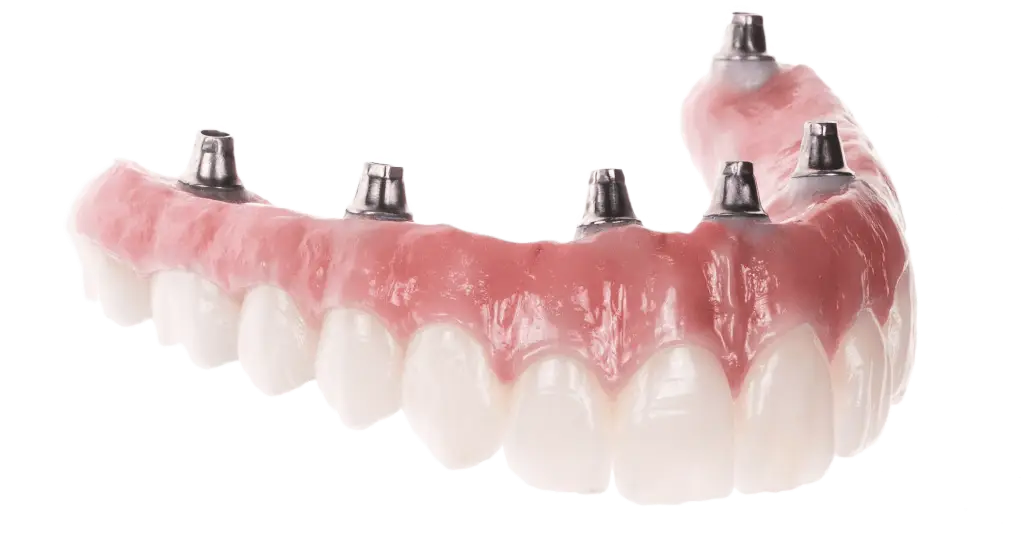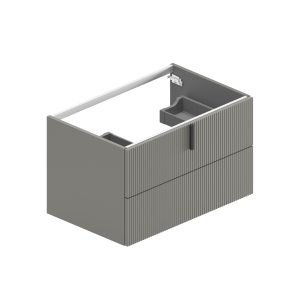
Preventive dentistry is the cornerstone of maintaining optimal oral health and promoting a bright smile throughout life. Rather than waiting for dental issues to arise and then seeking treatment, preventive dentistry focuses on taking proactive measures to prevent problems from occurring in the first place. By practicing preventive dentistry, individuals can build strong foundations for their oral health and reduce the risk of dental complications in the future. Let’s explore the importance of preventive dentistry and some essential practices to incorporate into your oral care routine. Click here to find the best dentist in Abu Dhabi.
The significance of preventive dentistry
Preventive dentistry is essential for several reasons
Early detection of dental issues: Regular dental check-ups allow dentists to detect and address dental problems in their early stages. This early intervention prevents the issues from progressing and becoming more severe, potentially saving the patient from extensive and costly treatments.
Preventing dental diseases: Preventive dentistry helps in avoiding common dental issues like cavities, gum disease, and enamel erosion. By maintaining good oral hygiene practices and visiting the dentist regularly, individuals can keep their teeth and gums healthy.
Promoting overall health: Oral health is closely connected to overall health. Poor oral hygiene has been linked to various systemic conditions, including heart disease, diabetes, and respiratory infections. Preventive dentistry can play a role in reducing the risk of these health problems.
Cost-effective: Preventive dental care is often more cost-effective in the long run compared to treating advanced dental problems. Regular check-ups and cleanings can help identify and address issues early on, saving patients from costly and complex treatments later.
Essential practices of preventive dentistry
Regular dental check-ups: Visit your dentist for regular check-ups and cleanings every six months, or as recommended by your oral health professional. Dental visits allow for early detection and treatment of dental issues, as well as professional cleaning removing plaque and tartar.
Brushing twice a day: Brush your teeth at least twice a day using fluoride toothpaste and a soft-bristled toothbrush. Brushing helps remove food particles, bacteria, and plaque from the teeth’s surfaces.
Limit sugary and acidic foods: Reduce the consumption of sugary and acidic foods and beverages, as they can contribute to tooth decay and enamel erosion. If you do consume such items, rinse your mouth with water afterward or brush your teeth after a short period.

